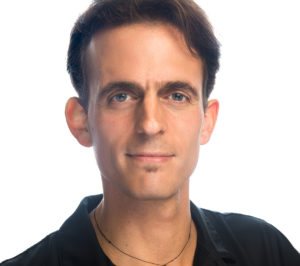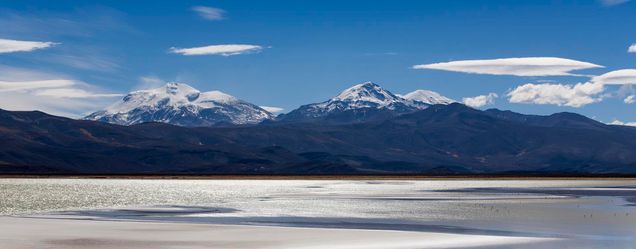PLACES: Measuring the Effects of Private Land Conservation with Large-Scale Ownership and Satellite Data
Wednesday@Hariri: Meet Our Fellows Series
Christoph Nolte, BU Faculty
When:
Wednesday, March 20, 2019
Event Start Time: 3:00 pm (refreshments & networking at 2:45 PM)
Event End Time: 4:30 pm
Where:
College of Arts and Sciences, 685 Commonwealth Avenue, Boston, MA, Room 132

Abstract: The voluntary, permanent protection of private lands is a key instrument in the conservation toolbox. In the United States, organizations and individuals spend billions of dollars every year to protect habitats and open space by acquiring full or partial rights to land. Yet where do these transactions occur? How much do they cost? What difference do they make? Answering these questions requires the synthesis of rich datasets on land ownership, sales, protection actions, demographics, land cover change, and physical attributes. The Private Land Conservation Evidence System (PLACES), a spatial data warehouse developed at BU, is designed to expedite the creation of such property-level datasets nation-wide. In this talk, assistant professor Christoph Nolte showcases how PLACES 1) has helped uncover new patterns in the long-term effects of land protection in Massachusetts, and 2) can assist in the detection of tax fraud in conservation transactions in Colorado. As states are increasingly moving towards the provision of public-access parcel datasets, PLACES offers a shortcut for researchers interested in understanding the effects of land protection at unprecedented spatial scales and resolutions.
Bio: Christoph Nolte is interested in the effective conservation of terrestrial ecosystems. His research asks: Where do conservation actions happen? Why there? And, most importantly: what difference does it make? For answers, he relies on large spatial datasets, satellite observations, economic theory, and quantitative causal inference. Nolte works with governments, donors, NGOs, and individuals that aim to stem the decline of biological diversity on this fascinating planet. Christoph Nolte is an assistant professor at Boston University.
His current research focuses on the dynamics of private land conservation, with projects in the U.S., Colombia, and Chile. Past work assessed the effectiveness of protected areas, indigenous lands, biosphere reserves, payments for environmental services, certification, and supply-chain instruments. Nolte conducted empirical research in more than 20 countries in Latin America, Asia, Europe, and the Middle East.
Prior to joining Boston University, Nolte worked at Stanford University with Eric Lambin. I received my Ph.D. from the University of Michigan, where he worked with Arun Agrawal. His research has been supported by the National Science Foundation, the Gordon and Betty Moore Foundation, the Rights and Resources Initiative, and others.
Nolte works in English, French, Spanish, and German, and learned Portuguese, Arabic, and Chinese for field research. In his free time, Nolte likes to attract artists to nature and celebrate exceptional places.
